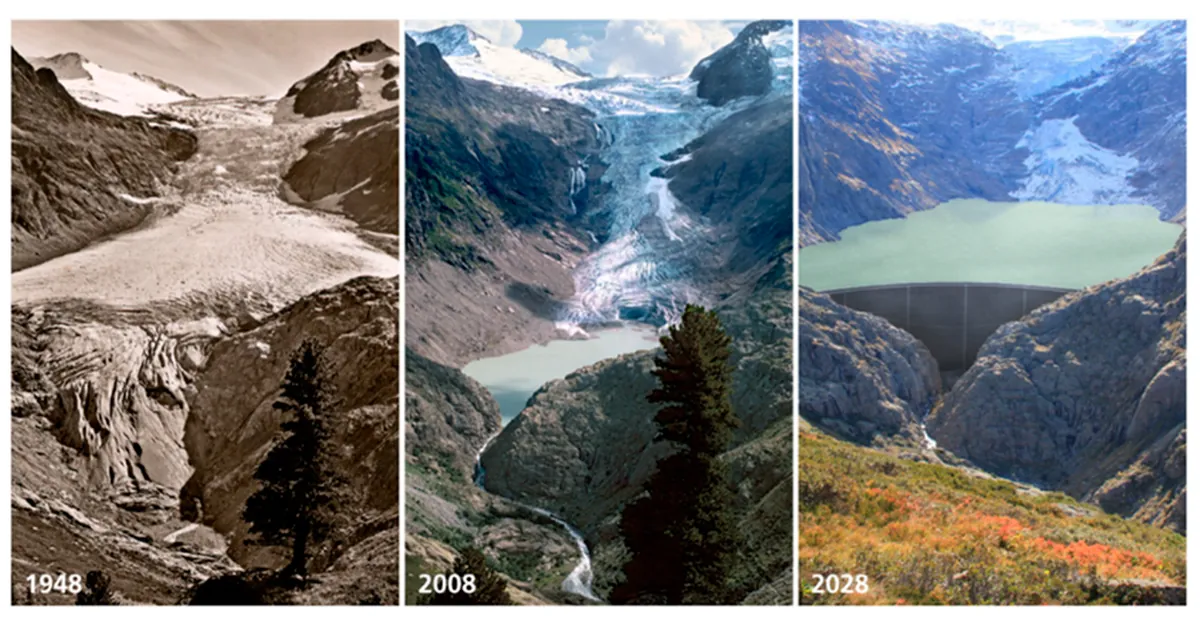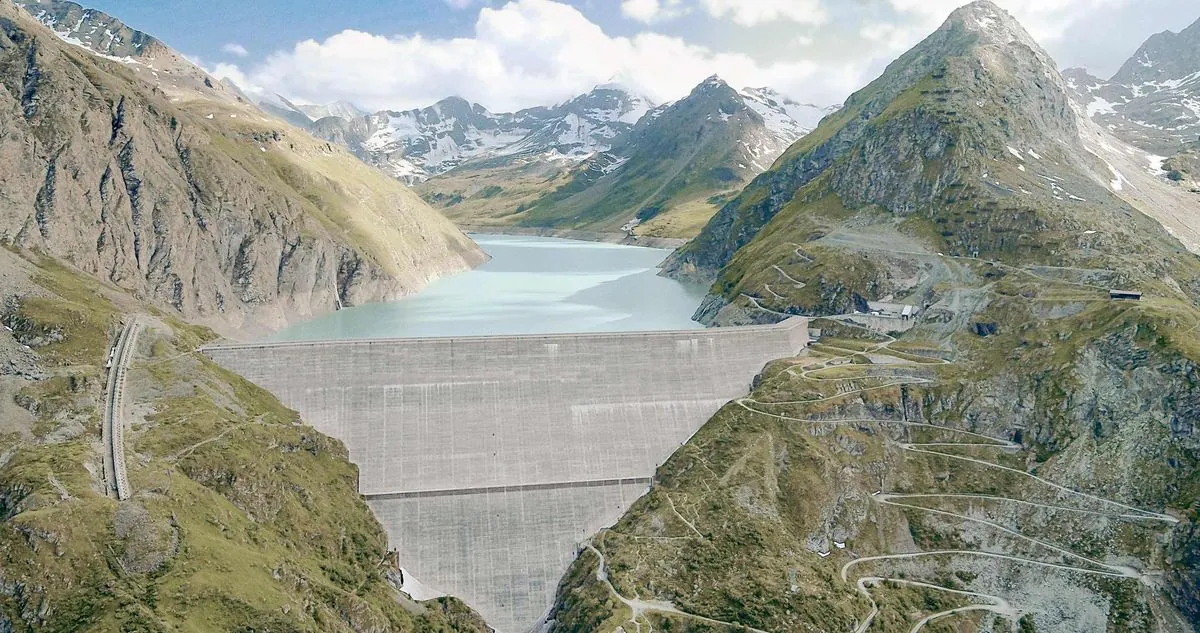Switzerland Considers Lifting Ban on New Nuclear Power Plants
Swiss government plans to overturn nuclear power plant construction ban to bolster energy security. Proposal aims to amend legislation by 2024, sparking debate on climate commitments and future energy strategy.

In a significant shift in energy policy, the Swiss government has announced plans to reconsider its stance on nuclear power. Albert Roesti, the Energy Minister, revealed that a proposal to amend nuclear legislation will be submitted by the close of 2024, with parliamentary discussions expected to follow in 2025.
Roesti emphasized the potential role of nuclear energy in ensuring Switzerland's long-term energy security, stating, > "Over the long term, new nuclear power plants are one possible way of making our supply more secure in a geopolitically uncertain time."
This move marks a departure from Switzerland's previous commitment to phase out nuclear energy, a decision made in the wake of the 2011 Fukushima disaster in Japan. In 2017, Swiss voters had approved a ban on constructing new nuclear power stations, reflecting public concern over nuclear safety.

Switzerland's energy landscape has evolved significantly since then. The country currently operates three nuclear reactors, following the decommissioning of the Muehleberg plant in late 2019. These facilities contribute approximately 35% of the nation's electricity, complementing the 60% derived from hydropower.
The proposed policy shift aims to address energy security concerns in an increasingly unpredictable geopolitical environment. Switzerland, despite not being an EU member, plays a crucial role as an energy transit hub, bordering five countries and participating in numerous European programs and treaties.
While the government asserts its commitment to climate change goals, including the target of achieving net-zero greenhouse gas emissions by 2050, environmental groups remain skeptical. KlimaSeniorinnen Schweiz and Greenpeace, who previously brought a case to the European court, argue that Switzerland is not fulfilling its climate obligations.
This debate unfolds against the backdrop of Switzerland's unique energy profile. The country boasts one of the lowest per capita energy consumption rates among developed nations and has been actively investing in renewable sources such as solar, wind, and geothermal energy. The Swiss Alps play a pivotal role in the nation's hydroelectric power generation, underscoring the importance of geographical factors in energy policy decisions.
As Switzerland contemplates this potential nuclear renaissance, it must navigate complex issues including nuclear waste management, currently stored in interim facilities with plans for a deep geological repository. The country's decentralized energy system, involving numerous local utilities and cooperatives, adds another layer of complexity to the ongoing energy policy discussions.
This proposed shift in nuclear policy reflects the ongoing global debate on balancing energy security, environmental concerns, and technological advancements in the pursuit of a sustainable energy future.


































